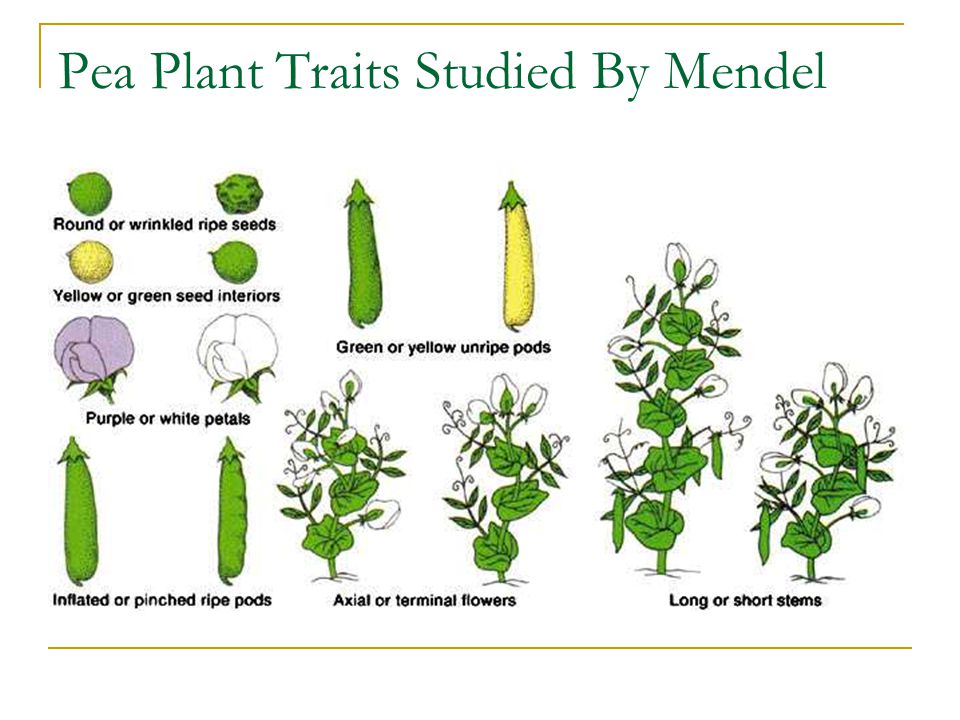Thus Darwin's theory was not a recipe for change, but for constancy. Lucky flukes might arise from time to time, but they would soon vanish under the general impulse to bring everything back to a stable mediocrity. If natural selection were to work, some alternative, unconsidered mechanism was required.

Mendel was born in 1822 to a humble farming family in a backwater of the Austrian empire in what is now the Czech Republic. Schoolbooks once portrayed him as a simple but observant provincial monk whose discoveries were largely serendipitous — the result of noticing some interesting traits of inheritance while pottering about with pea plants in the monastery's kitchen garden. In fact, Mendel was a trained scientist — he had studied physics and mathematics at the Olmutz Philosophical Institute and the University of Vienna — and he brought scientific discipline to all he did. Moreover, the monastery at Brno where he lived from 1843 was known as a learned institution. It had a library of twenty thousand books and a tradition of careful scientific investigation.











